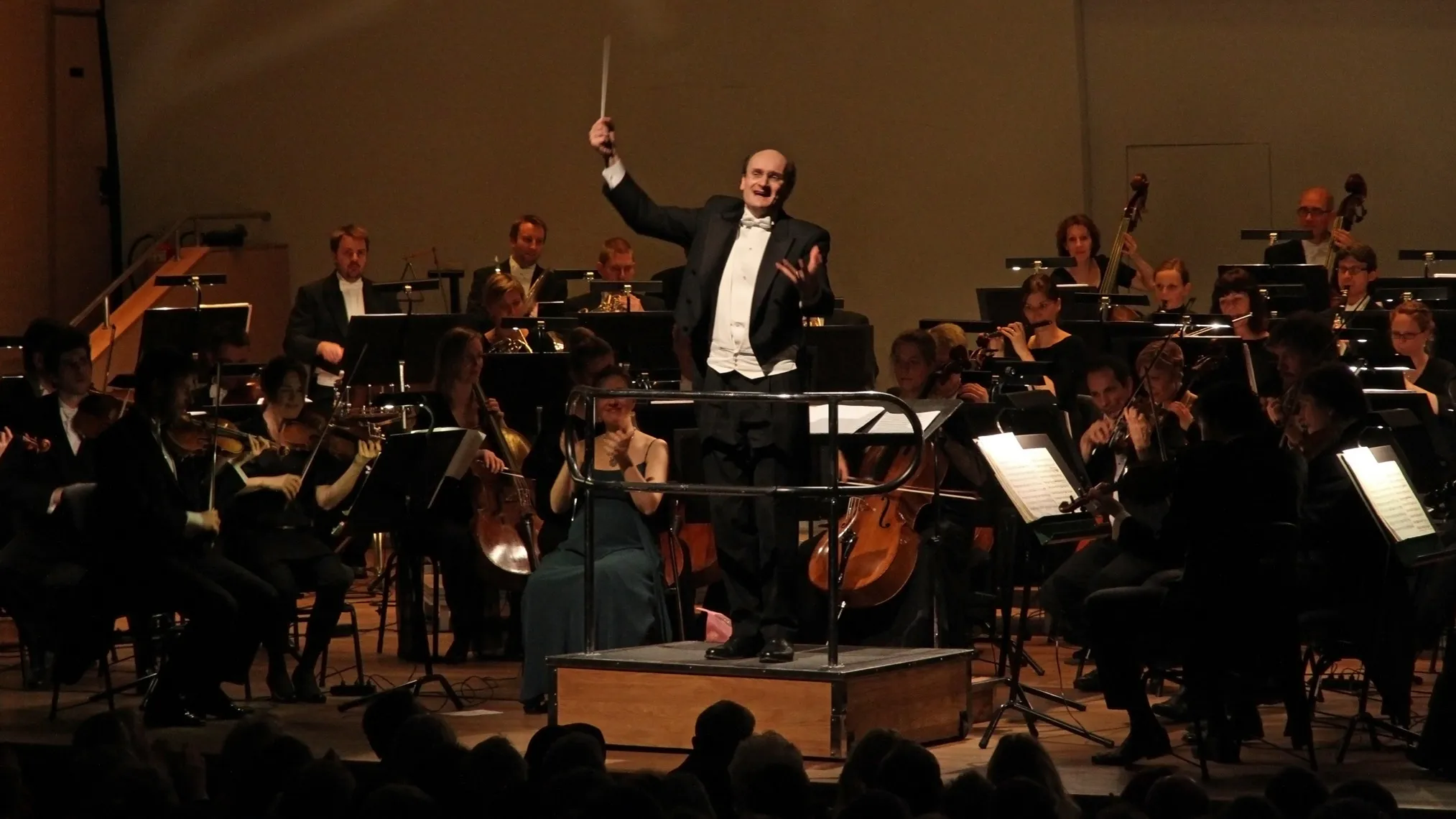
Internet pioneer Leonard Kleinrock, speaking at the American Association for the Advancement of Science (AAAS) 2019 annual meeting in Washington, D.C., recently:
"What was the first telegraph message ever sent? Samuel Morse sent the words 'What hath God wrought?,' a sentence from the Bible.
"What was the first telephone message? Alexander Graham Bell said to his assistant Thomas Watson: 'Mr. Watson, come here, I want to see you.'
"What were the first words of Neil Armstrong when he set foot on the Moon? 'That's one small step for man, one giant leap for mankind.' Those guys were smart. They understood how to do PR.
"And what was the first message sent over the Internet? Only 'LO'…We wanted to send the word 'LOG' from 'log in', but the network crashed after the first two letters."
In this way, 'LO' became the first successful inter-computer message transmitted from the University of California, Los Angeles, to the Stanford Research Institute (SRI) in San Jose, CA, on Oct. 29, 1969, 50 years ago.
During a symposium titled The Arpanet: Celebrating 50 years since 'LO', at AAAS 2019, Kleinrock anD Internet pioneers Vint Cerf, Stephen Crocker, Robert Kahn, and David Walden, gave a detailed account of that magical period at the end of the 1960s when the Internet was born, and then christened the Arpanet after funding agency ARPA (the Advanced Research Projects Agency of the U.S. Department of Defense; now DARPA). The Arpanet was the seed of what would later become the Internet, the global system of interconnected computer networks.
As moderator (and former ACM president) Cerf put it, "This is an assembly of ancient dinosaurs recounting their experiences."
Kleinrock continued, "We were using a telephone line to prove a new technology that was later going to eat the lunch out of the telephone network. An hour after 'LO', with some system changes, the full message was successfully sent and received:
'Got the L?'
'Yes, we heard through the telephone.'
'Got the O?'
'Yes.'
'Got the G?'
'Yes.'
That was a monumental test."
Walden, however, said he considers another date to be the day when the Internet actually was born: December 5, 1969. "That was the date when we had four nodes of the network operational: one at the University of California in Los Angeles, one at the Augmentation Research Center at Stanford Research Institute, one at the University of California in Santa Barbara, and one at the University of Utah School of Computing. On that day, we demonstrated the efficacy of packet switching as the core technology of sending data over the Internet. For me, that was the beginning of a revolution in network research and network implementation."
The five Internet pioneers all agreed on the main motivations behind building the Arpanet.
Said Crocker, "Computers were still very expensive back in the 60's, so the idea of a network of connected computers that could share each other's computing resources came natural. And there was also the idea of collaboration between people; these two ideas were in the air."
Cerf, a recipient of the ACM A.M. Turing Award, cited a third motivation: "Both Joseph Licklider and Douglas Engelbart held the view that computers could augment the abilities of human beings. So, the motivation to share resources also came from the belief that computers could do more than compute numbers."
Although these ideas might have been in the air, the purposes for which the Arpanet was going to be used for were far from clear.
In the 1960s, Kleinrock was a pioneer in developing the mathematical theory of distributed systems and of packet switching. He recalled, "At MIT (the Massachusetts Institute of Technology), I was surrounded by computers. For me, it was clear that sooner or later computers would have to talk to each other, but there was no technology available to do that. The telephone network was inadequate. I decided to develop a mathematical theory of data networks. However, when I had it, nobody cared. There was no application. Telephone company AT&T said it wouldn't work, and even if it did work, they wanted to have nothing to do with it. There was no business model.
"Looking back at the Arpanet, you can say that it was the first shared-economy system, like Uber and Airbnb nowadays; sharing things when someone else is not using them."
Recalled Kahn, "ARPA did something that would be very hard to do today: funding a huge project without knowing what they were going to use it for. I don't think you could fund it today. There was just a feeling that good things could happen from a network of computers and humans. I believe that today we have not achieved even a small fraction of what people in 1969 thought might be possible."
"The magic of the period," added Kleinrock, "started indeed with the culture of how ARPA funded projects. 'You are a great researcher? Here is a pile of money for a long period of time. Do something on which you are an expert. Shoot high. Failure is okay. We are not going to watch you. Go ahead and do it.' Nowadays, there are too many restrictions and confinements in the funding."
"And of such bits and pieces is history made," concluded Cerf.
Bennie Mols is a science and technology writer based in Amsterdam, the Netherlands.



Join the Discussion (0)
Become a Member or Sign In to Post a Comment